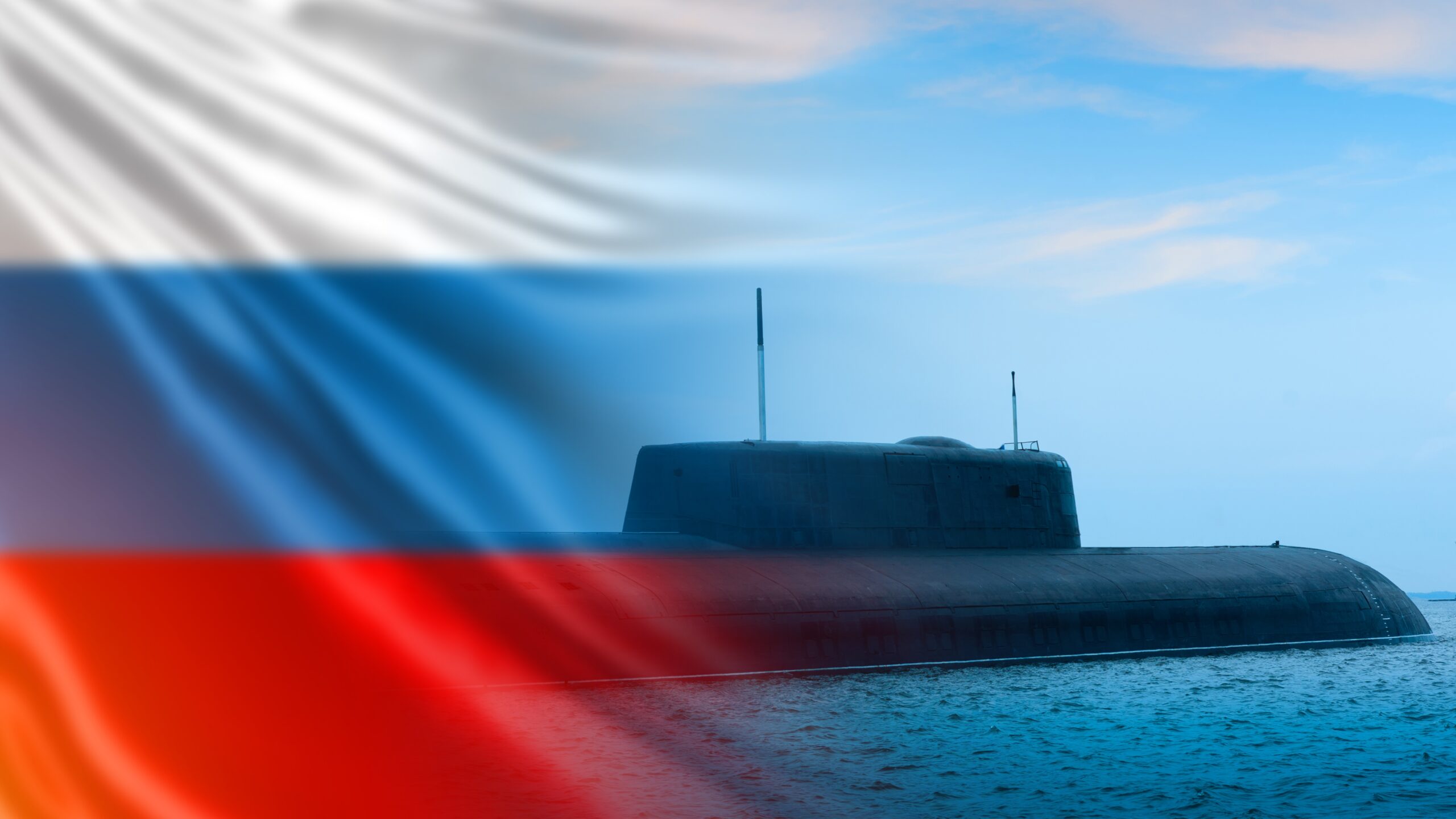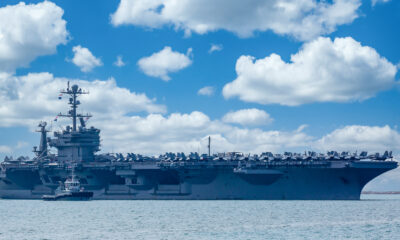Ukrainian Strike On Russian Radar Sparks Nuclear War Concerns

A recent Ukrainian attack on a Russian early warning radar facility has heightened fears of a potential nuclear conflict. The radar, which monitored missile launches from the Middle East, was not a strategic military target for Ukraine, leading to concerns that the attack could be seen as an attempt to blind Russia in preparation for a nuclear strike.
Nuclear war poses the gravest danger to humanity, with the potential to annihilate much of the global population. In the event of such a conflict, more than half of the world’s people could die, with survivors facing a harsh reality devoid of basic necessities like clean water, electricity, medical care, and law enforcement.
The fear of nuclear war, once a prominent part of public consciousness, has waned since the end of the Cold War. Baby Boomers and Generation X grew up acutely aware of the nuclear threat, participating in “duck and cover” drills and consuming media that depicted nuclear devastation. However, the collapse of the Soviet Union brought a sense of relief and a reduction in the perceived threat of nuclear conflict.
Today, the risk of nuclear war is more relevant than ever, especially with the recent deployment of Russian naval vessels, including a frigate capable of launching nuclear missiles, near Cuba. This situation is reminiscent of the Cuban Missile Crisis and has alarmed many Americans unaccustomed to the presence of hostile, nuclear-armed ships close to U.S. territory. These vessels have the capability to launch nuclear strikes on U.S. targets within minutes.
This naval deployment coincides with the ongoing proxy war in Ukraine, where the U.S. and NATO have provided substantial support to Ukraine in its conflict with Russia. This assistance, aimed at weakening Russia’s military, has included training, intelligence, and weaponry. However, this strategy has provoked Russia, the world’s largest nuclear power, and heightened the risk of escalation.
The presence of Russian naval forces near the U.S. serves as a stark warning of Russia’s ability to retaliate. While a direct nuclear attack is unlikely, the proximity of these ships underscores the potential for miscalculation and escalation. Submarine-based nuclear strikes remain a significant threat, as they can bypass conventional defenses and deliver devastating first strikes.
Russian President Vladimir Putin has repeatedly emphasized that he views the conflict in Ukraine as a matter of national survival. He has warned that actions by the U.S. or NATO that cross certain lines could lead to a nuclear response. This creates a perilous situation where misinterpretations or errors could spark a nuclear exchange.
The recent authorization for Ukraine to use Western-supplied weapons for deep strikes within Russia reflects American military doctrine aimed at disrupting enemy logistics and command structures. However, such attacks, even if conventional, can be perceived as efforts to undermine nuclear deterrents, potentially leading to a nuclear response.
The danger of unintentional escalation is high, as actions considered conventional by one side might be seen as preparations for a nuclear strike by the other. This paradox highlights the perils of conventional conflicts between nuclear-armed states, where tactical successes could trigger strategic catastrophes.
During the Cold War, both policymakers and the public were acutely aware of the catastrophic risks of nuclear war, leading to cautious strategies in conflicts involving major powers. Today’s environment, marked by media complacency and public ignorance, has increased the risk of nuclear conflict to unprecedented levels. It is imperative for leaders to recognize these dangers and avoid actions that could inadvertently trigger a global nuclear war.
























